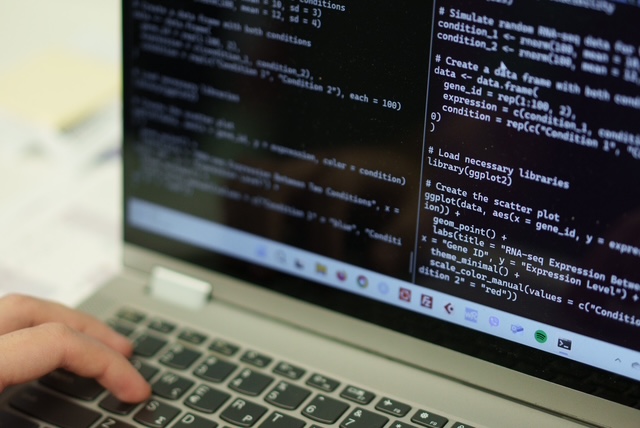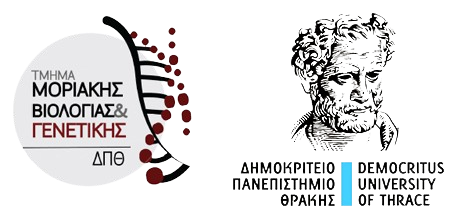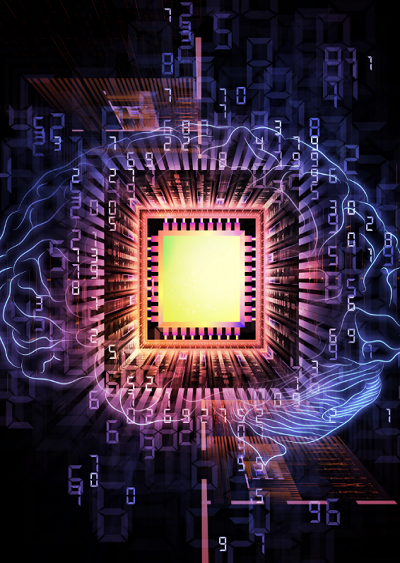
Title: MSc in Applied Bioinformatics and Data Analysis
Scientific Disciplines:
Informatics
Life Sciences
University:
Democritus University of Thrace (DUTH)
Language:
Greek
Duration:
2 semesters
For more information you can visit the website::
Description
A Modern Scientific Field
In recent years, with the rapid development of Molecular Biology, Informatics, and Technology, the availability of biological data has increased significantly, both in volume and quality, being collected and uploaded to online databases. This data is particularly important for numerous applications in medicine, biotechnology and industry, biodiversity and environmental protection in general, education, and more. Today’s modern researcher is called upon to utilize these available data to address a wide range of theoretical and applied topics in biological, biomedical, geotechnical, and other related sciences. They are also required to combine the knowledge they have acquired regarding the tools and techniques of Molecular Biology and Genetics with knowledge and skills in Bioinformatics, Data Processing and Analysis, as well as Biostatistics, in order to gain access to a professional field experiencing significant growth and demand. The scientific thematic field of “Applied Bioinformatics and Data Analysis” constitutes a modern and highly promising area. At the same time, it serves as a tool for current scientific focus and practice in the Biological Sciences, Life Sciences and Informatics, as well as in the Applied Mathematics and Biostatistics fields, since according to new perspectives and trends, it combines different scientific specializations with the goal of processing and interpreting the increasingly available data in these sciences.
What Are Our Goals?
The purpose of the program is to provide high-level postgraduate education in the fields of Applied Bioinformatics related to Molecular Biology and Genetics, as well as Data Analysis arising from research in these subjects across various organizations. Special emphasis is placed on the processing, analysis, and interpretation of data generated using modern tools such as next-generation sequencing (NGS), as well as on the utilization of the most current technologies developed by the field of Informatics, including knowledge graphs, neural networks, machine learning, and deep learning.









Leave A Comment